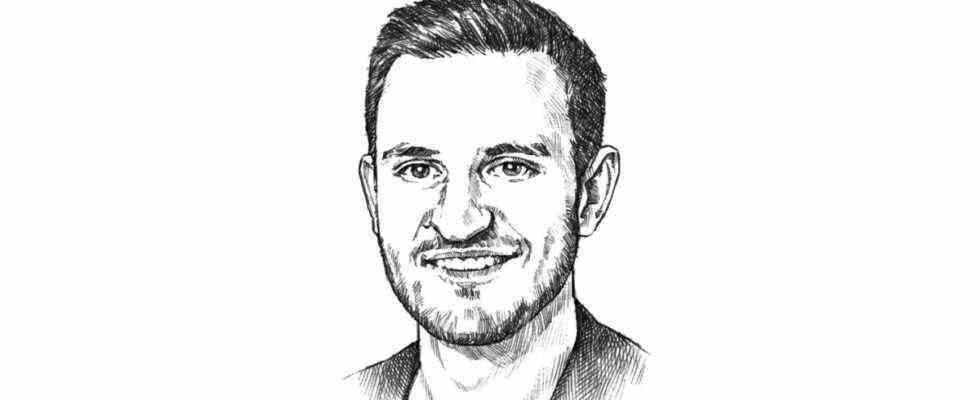The image of the Hartz IV recipient was probably not shaped as much by any single person as by Arno Dübel. During the 2000s, the long-term unemployed tinkered with German talk shows, where he explained to horrified interlocutors that he felt very comfortable with basic state security. If living proof was needed that the Schröder’s Hartz reforms were long overdue, Arno Dübel was ready. The headline was still in 2010 image-Zeitung: “Germany’s cheekiest unemployed man – that’s how he bums his way through the day”. The fairy tale of the greedy, lazy unemployed, who makes himself comfortable on the back of the working man, was long gone.
She wrote in the same tone image-Zeitung at the end of July of this year about the “hunt for secret assets of Hartz IV recipients”, because the Federal Employment Agency wanted to tighten the information criteria for the unemployed, according to the newspaper. As if it were mountains of investment income and real estate that the clever Hartz IV recipients hid from the public sector. An audit now revealed that only a good one percent of those who had actually received too much basic security in 2020 got this because they had not declared their assets. A far larger proportion had withheld income from marginal or insurable employment.
This shows that the view of the weak must urgently change. You deserve compassion and support instead of malice and resentment.
Most Hartz IV recipients do not like to be unemployed
Contrary to what prejudices and caricatures would lead you to believe, most Hartz IV recipients are certainly not happy to be unemployed. It is often single mothers who try to make ends meet with their children. They are often people with breaks in their biographies, with blows of fate that they did not get over. According to studies, more than every third recipient of Hartz IV struggles with psychological problems. Whether it is the Hartz IV mill and the eternal struggle with the authorities that caused their psychological problems, or whether they had them before, does not matter: They do not deserve to be treated as second-class people – yes Only in their own interest: Because unemployment and Hartz IV can affect almost everyone. The Corona crisis has shown how quickly people can slide into unemployment through no fault of their own. The digitization of the world of work is already producing employment biographies with numerous interruptions. It is all the more important to fight against the stigmatization of the unemployed.
In a country where people in the lower half of the wealth distribution make up one percent of total private wealth, the least concern should be that the poor get robbed. Every year the German state loses tens of billions of euros in income through tax evasion and tax avoidance, committed by high net worth and internationally active corporations. This is what a prosperous country should look to – and ensure the fair and lawful participation of the strong in the community.
Of course, it is also important that the state does not blindly distribute handouts. However, anyone who has ever had the benefit of applying for housing benefit knows that the tax authorities do not throw the money after everyone who asks for it. People who want support have to disclose everything. Yes, Germany has a well-developed welfare state, nobody in this country has to fear falling into nothing if he or she loses their job – and that’s a good thing. But it must not be an excuse to disparage people who need this support.
Incidentally, Arno Dübel was later no longer so careful with the self-imposed unemployment. When he had achieved a certain level of notoriety, he paid for media interviews and had his own manager. Dowel had become a fictional character. A fictional character that society had apparently been waiting for. His media success says more about them than you can imagine.

